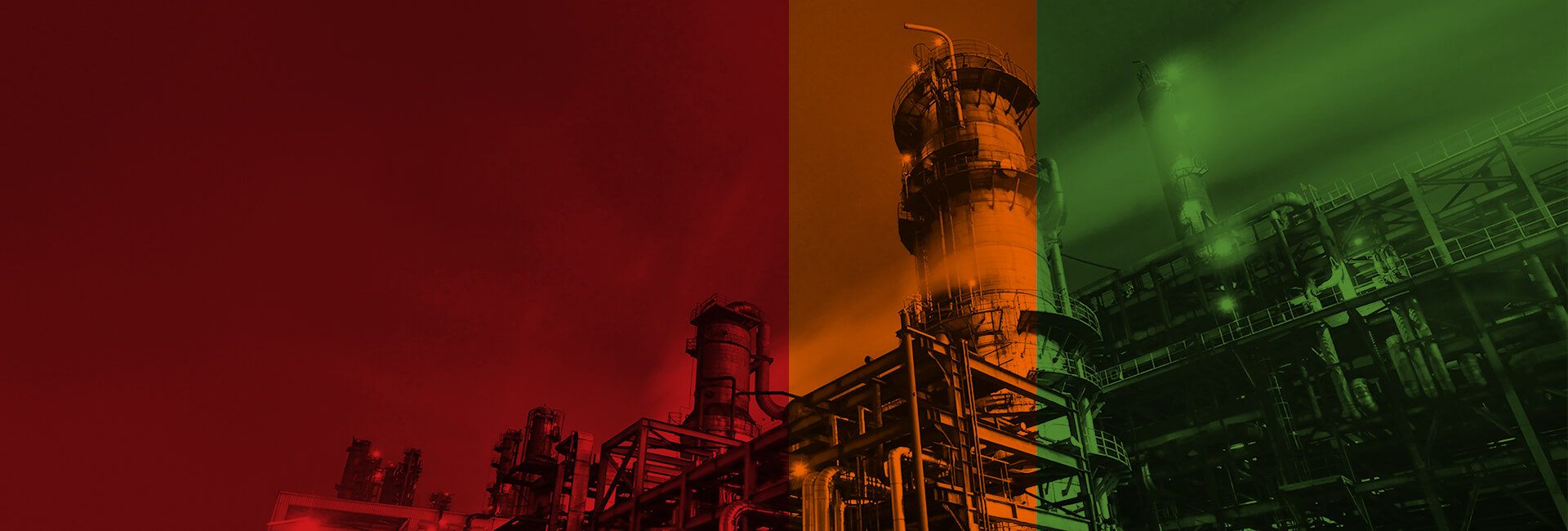
White Paper: Clear-Cut
Opportunities in
Battery Recycling
By the end of 2020, 17.6 GWh of Li-ion batteries had reached their end of
life; by 2035, this figure will grow to more than 140 GWh. Our latest report
analyzes key drivers and barriers for the adoption of battery recycling
today.
%20(1)-1.png?width=600&height=400&name=Untitled%20(600%20%C3%97%20400%20px)%20(1)-1.png)
More than 100 GWh of Li-ion batteries were deployed in BEVs and PHEVs in 2020, and that number is expanding rapidly. As those batteries reach their end of life, they represent a large environmental risk and contain valuable metals that can be recovered via recycling. However, existing battery recycling infrastructure is not optimized to either handle end-of-life battery capacity or meet critical materials demands placed on the market as electrification ramps up.
In our report, “Clear-Cut Opportunities in Battery Recycling”, we cover key drivers and barriers for the adoption of battery recycling today and evaluate battery recycling opportunities for chemicals and material companies, cathode manufacturers, and automotive OEMs. We also take a closer look at emerging startups and where they fit along the traditional battery value chain.
Chemicals Resources
Read some of the latest insights from Lux Research’s team of experts on the most important topics in the Chemicals industry.
